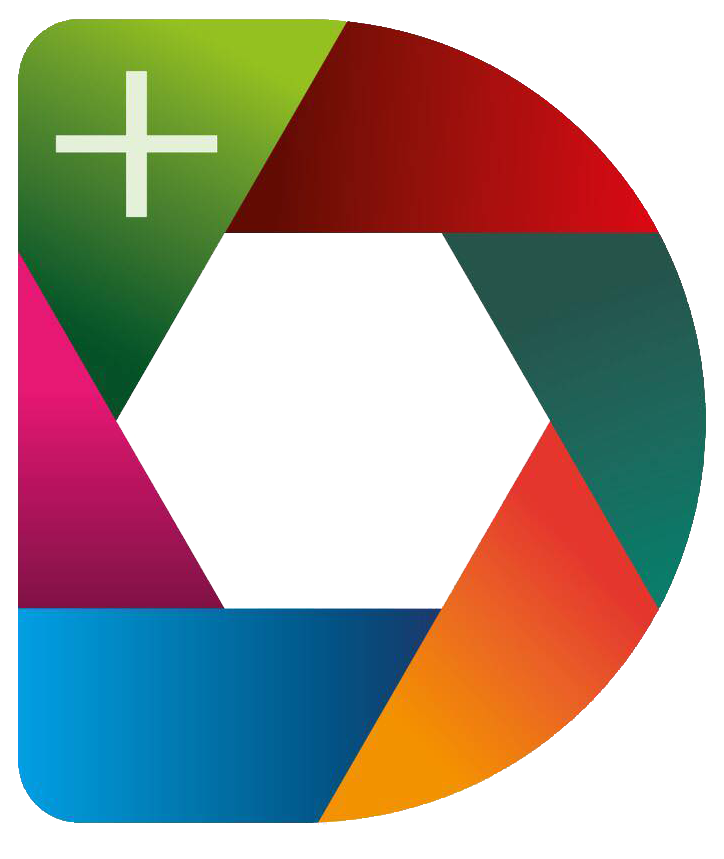In a tough economy, you would expect universities and colleges to either fall behind or fail in their responsibilities to help students find work after graduation. Well, that is not the case with Danielle Barnes who teaches the Connections To Employment Program at Solomon College in Edmonton. Danielle uses creative teaching techniques, and effective networking to get students in the door with local employers. Watch the video to discover more as a current student, Maharite jumps in to share her own experiences…
Diversity Magazine: What does Connections To Employment do?
Danielle Barnes: So Connections To Employment is a program that we created for newcomers to Canada. It’s open to anyone who has their permanent resident status and who has a minimum language level of CLB4.
Diversity Magazine: So what does this program do for newcomers specifically, how does it help newcomers?
Danielle Barnes: Right! So, it helps newcomers by teaching them about Canadian rights and responsibilities, and about Canadian workplace culture. And it prepares them for the workforce. For example, when they come to our class, we teach them all about what an employer expects, we teach them how to answer interview questions in Canada because how you answer an interview question in your country could possibly be different than how we do in Canada. We give them lots of practice with what they learn, how to write resumes and cover letters. They learn all about customer service. They use Point of Sales systems and handle Canadian money. We also help them achieve their first aid certificates, WHMIS and food safety certificates because this gives them an advantage when they’re looking for jobs. Workplaces need these things and if they already have it, then they’re job ready.
Diversity Magazine: So you get them job ready, right? But in a tough economy, how does that work in getting people to compete with a lot more people than they would ordinarily be competing with?
Danielle Barnes: So you’re right, it is a really tough economy right now. For every retail job that’s posted, they get about 200 applicants. Our students have the benefit of having us have community partners. So we have several large businesses that we partner with. What that means is that they’ve agreed to look at our students resume, so if a student applies to them, we call the manager and let them know the student’s name. They find that resume out of the pile of 200 resumes and most of the time; they offer that student an interview. If we don’t have a connection with a company that the student applied for, we call the company, we talk to the manager, we tell them about our program, about the amazing skills that our students have, and we asked them if they’re willing to give our student an interview. I’d say about at least half of the time they agree to give our students an interview.
Diversity Magazine: What is the difference that you’ve seen between the students you train and those who came from abroad? What is the difference in how they respond to interviews? Anything you want to share?
Danielle Barnes: I think the main difference is that our students understand the importance of being really confident and friendly in an interview, and they know what the employer is looking at. They’ve done research about that business. They know what the business wants, they know what the position is, and they know how to sell themselves when they go to an interview. (Maharite jumps in to share her own experiences…)
Diversity Magazine: Maharite, how are you today?
Maharite: I’m good. Diversity Magazine: Tell me, what did you like about this Connection To Employment program?
Maharite: Actually, this program, everything is great. But especially, preparing me for interviews, how to write resumes and how to write the cover letter. How to communicate with the employer when I go to an interview. I look on the web for interviews. They prepare us how to answer all the questions. Diversity Magazine: That’s good. And now you’re ready for work.
Maharite: Yes. Thank you.
Diversity Magazine: So just curious Danielle, how did you get into doing this?
Danielle Barnes: So I was teaching English as a second language. And while I was teaching that I had lots of students who were looking for jobs and would ask me, ‘How do I do an interview in Canada? Teacher? Can you help me with my resume?’ And so then, when I heard the school talking about employment, I just said, ‘Hey, if you do an employment class, I would really love to teach it’. Because I think there’s a huge need for teaching employment skills to newcomers to Canada, so now here I am. One year later, we’ve been teaching the program and it’s been very successful.
Diversity Magazine: That’s good. So anything else you want to share with our audience on diversity magazine?
Danielle Barnes: I think just to know that there are so many newcomers and sometimes people think they don’t have the skills, but they have so many skills and so many life experiences that can make them really successful. And if we can connect them to programs like this, then there’s nothing stopping them and their futures can be very successful.
Diversity Magazine: Thank you and good luck.
Danielle Barnes: Thank you.






